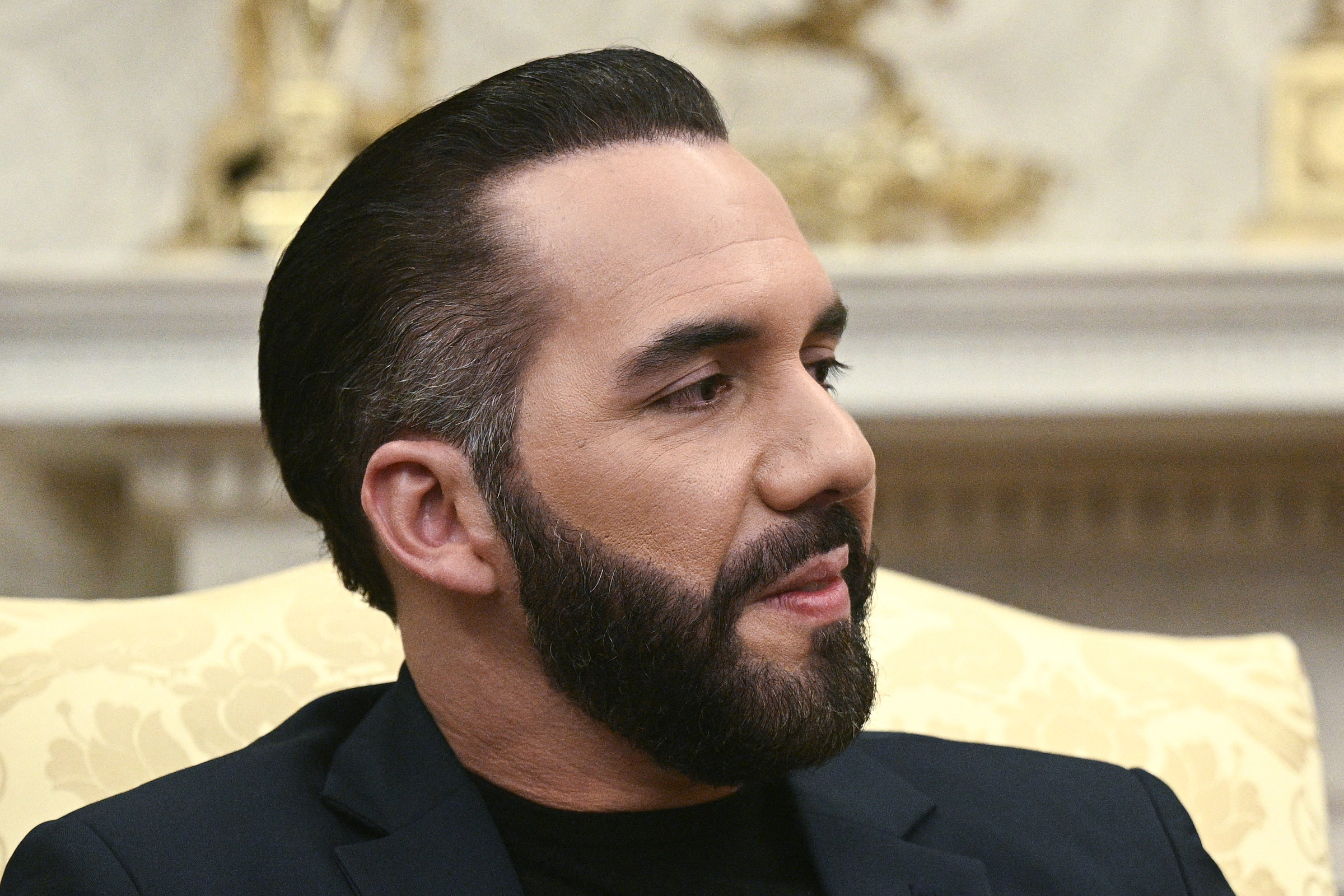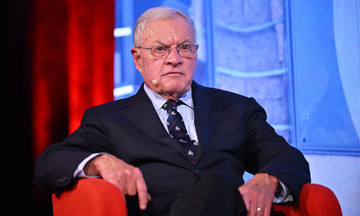On 31/7, El Salvador's congress passed constitutional reforms with 57 votes in favor and three against. The reforms eliminate presidential term limits, extend the presidential term from five to six years, and abolish the second round of elections, typically held when no candidate secures 50% of the vote.
President Nayib Bukele's ruling New Ideas party holds a majority in congress. This decision is expected to benefit Bukele significantly.
Bukele, 44, was elected president in 2019. El Salvador's previous constitution prohibited a president from serving two consecutive terms. However, in 2021, the Supreme Court, with judges appointed by the ruling party, issued a ruling allowing the incumbent president to seek re-election if they resigned six months before the election date.
Last year, he was re-elected with a landslide victory, becoming the first president in El Salvador's history to win a second term.
 |
El Salvador's President Nayib Bukele at the White House during a visit to the US in April. Photo: AFP |
El Salvador's President Nayib Bukele at the White House during a visit to the US in April. Photo: AFP
At the time, President Bukele told reporters that he "didn't think a constitutional reform would be necessary", but avoided questions about whether he would seek a third term.
Under this reform, starting in 2027, El Salvador will hold presidential, congressional, and local government elections concurrently, meaning Bukele's current term will be shortened. Currently, these elections are held at different times.
Consolidating the voting dates will give the ruling party an advantage by making it easier to mobilize voters and leverage media exposure. Some non-ruling party legislators opposed the proposal.
Bukele is one of the most prominent leaders in Central America, largely due to his administration's aggressive crackdown on gangs, which has led to a significant drop in homicides. Some human rights groups allege that innocent people have been caught up in the sweeps.
Huyen Le (According to AFP, Reuters)












